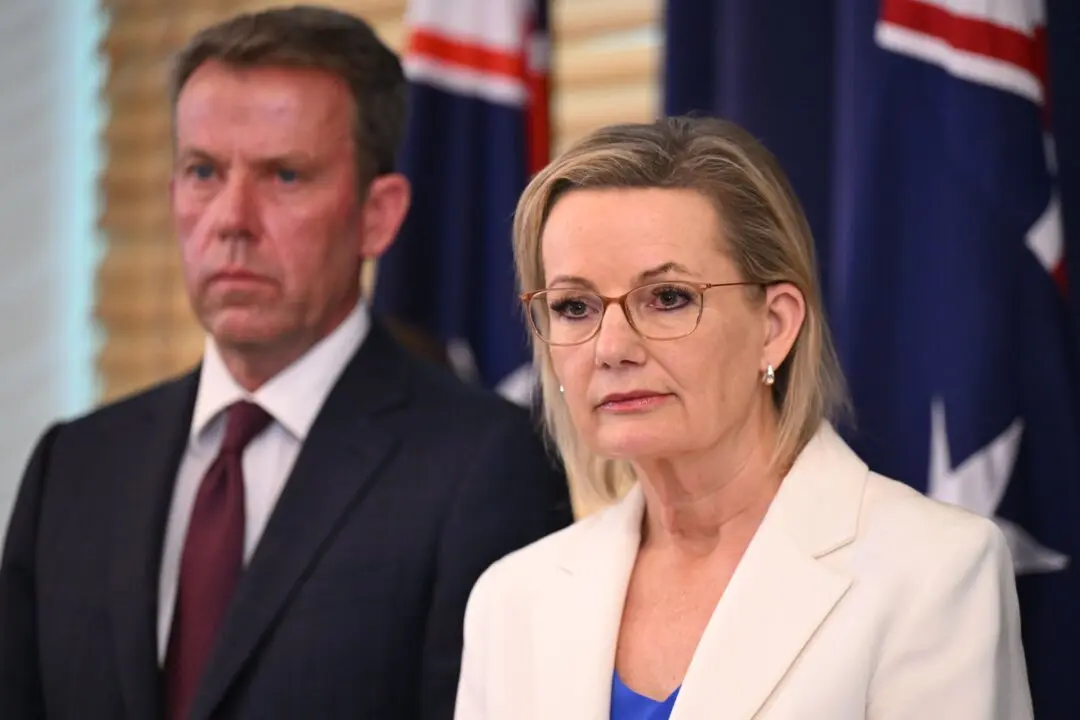Imported steel and cement into Australia could face tariffs in a bid to “level the playing field” between countries with different net zero targets, says Climate Change Minister Chris Bowen.
The measures would follow those implemented by the European Union and are aimed at protecting Australian manufacturing businesses competing against corporations with less onerous emissions reduction goals.





